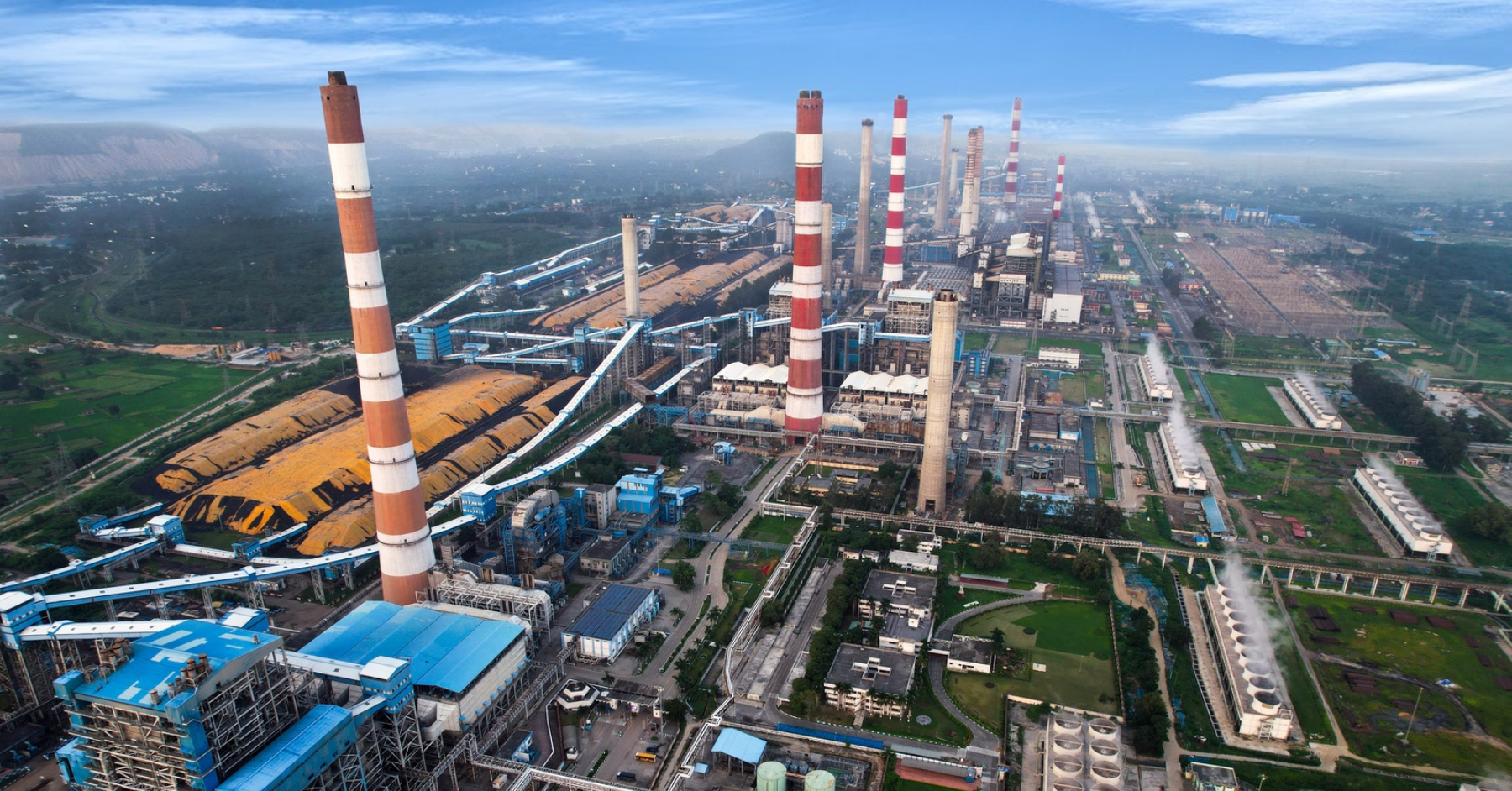With national focus turning towards industrial decarbonisation and meeting net zero targets, the opportunities for carbon capture in the US – and specifically in Greater Houston – have continued to expand. Since opening its US headquarters in Houston, Carbon Clean has grown its headcount by two-thirds and US enquiries have skyrocketed by a further 59% after the initial leap in interest following the IRA’s passage.
Aniruddha Sharma, Chair and CEO of Carbon Clean, said:
“The passage of the IRA, one of the most incentivising pieces of legislation in the country’s history, unleashed a real surge of progress towards industrial decarbonisation. The US remains one of the most attractive places in the world for industrial carbon capture and we’re particularly bullish about Houston.
“As companies converge on the city at this year’s CERAWeek, interest around carbon capture technology is rapidly growing in Texas and beyond. It’s vital that local and national stakeholders assist hard-to-abate industries, unlocking the potential to embrace cost-effective and practical industrial decarbonisation technology. Let’s seize this unique opportunity to significantly grow jobs across the region.”
Key research developed by the EFI Foundation1 recently identified Houston as an ideal location for a new coordinated regional approach for industrial carbon capture “hubs”2. There are 311 facilities in the Houston cluster, representing 36.6 million metric tonnes of capturable CO2 emissions per year. On a national scale, EFI identified 734 small-to-midsize units with a collective 72 million metric tonnes of annual CO2 emissions – the equivalent of around 36.6 million tonnes of burned coal. The findings from the report, and the opportunities they represent, affirmed Carbon Clean’s decision to select Houston as its US headquarters.
Houston employs nearly a third3 of the nation’s jobs in oil and gas extraction, in addition to tens of thousands of people in the region working in related energy fields. Most of the commercial carbon capture facilities worldwide, both planned and currently operational, are in the US.4
Carbon Clean has been active in the U.S. for over five years. Houston-headquartered Chevron led the company’s $150m Series C round in May 2022, which set the record for the largest ever funding round for a point-source carbon capture company.
Carbon Clean delivers modular, point-source carbon capture solutions for essential hard-to-abate industries, including its breakthrough CycloneCC technology. The company has one of the largest project portfolios of any independent carbon capture business. Its patented technology is in 49 sites around the world, cumulatively capturing over 2.1m tonnes of CO2.
Ends
For media enquiries please contact:
Email: press@carbonclean.com / carbonclean@rasky.com
Tel: +1 301 518 2807
Notes to Editors
1. A New U.S. Industrial Backbone: Exploring Regional CCUS Hubs for Small-to-Midsize Industrial Emitters, EFI Foundation, December 2023: https://efifoundation.org/wp-content/uploads/sites/3/2023/12/CCUS-Hubs-FINAL-12142023-WITH-COVER-1.pdf
2. Small-to-midsize emitters of interest to the EFI study, referred to as “capture targets” are industrial units with annual emissions between 12,500 metric tonnes of CO2 (tCO2) and 600,000 tCO2. The units were screened with additional criteria (CO2 concentration level, capacity factor, unit type) to evaluate technical suitability for carbon capture.
3. Greater Houston Partnership
4. Global Status of CCS Report, Global CCS Institute, November 2023: https://www.globalccsinstitute.com/wp-content/uploads/2024/01/Global-Status-of-CCS-Report-1.pdf
About Carbon Clean
Carbon Clean is a leader in revolutionising carbon capture solutions for hard-to-abate industries including cement, steel, refineries, and energy from waste. The company’s patented technology significantly reduces the costs of carbon capture when compared to conventional solutions.
Carbon Clean has over a decade of experience in designing, building, and operating industrial carbon capture systems and it has 49 technology references around the world. The company is an innovation leader in the CCUS market, with over 100 active patent assets across 16 patent families covering 30 countries, and has developed a modular technology, CycloneCC, that is vital for scaling industrial carbon capture deployment to achieve global net zero targets.
Headquartered in the UK and with offices in the US, Canada and India, the company has received funding and grant support from the British and US governments and has established partnerships with industry leaders including Chevron and CEMEX. It is also an investor in the Swedish eFuel development company, Liquid Wind.
For further information: www.carbonclean.com



